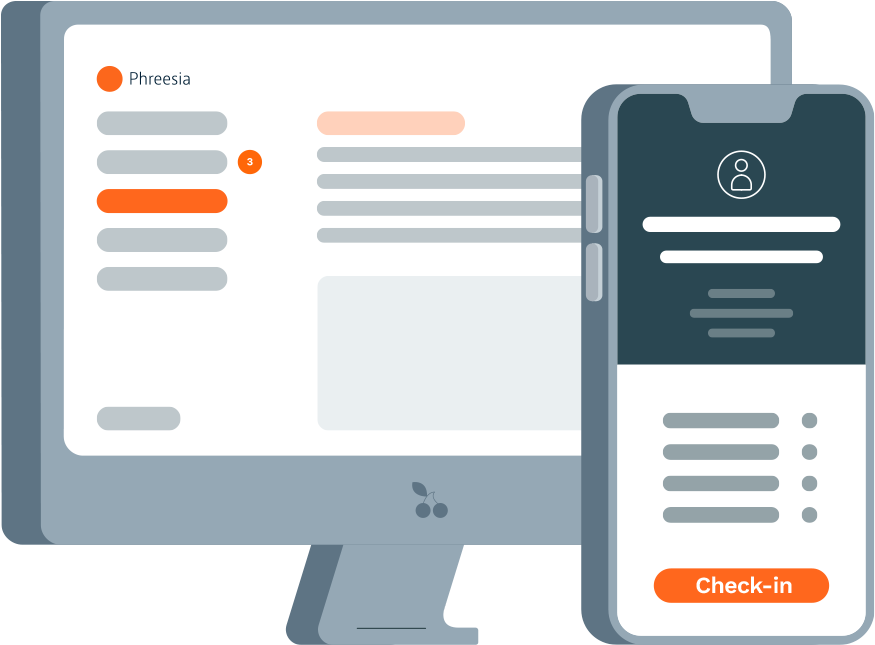The conditions under which people live, learn, work and play— also known as social determinants of health (SDOH)—determine up to 90% of their health outcomes. Approximately one-third of Americans today struggle to meet their basic housing, food and transportation needs, placing them under constant unhealthy stress, according to a June 2019 survey from Kaiser Permanente.
While patients in the survey rated the traditional aspects of healthcare high in importance—access to doctors (92%), ability to pay medical bills (89%), access to prescription medications (87%)—social determinants of health were similarly ranked. Patients rated stable housing (89%), balanced meals (84%), reliable transportation (80%) and supportive social relationships (72%) as crucial to their health and well-being.
The survey also found that most patients wanted their healthcare providers to ask about their social needs. Ninety-seven percent of patients said their providers should ask them about social determinants of health during medical visits.
Leaving these social needs unmet lead to poorer patient health outcomes. Survey participants who reported having an unmet social need experienced physical illness an average of two more days in the previous month than participants without an unmet social need. But the health impacts of those unmet needs go much further. According to a meta-analysis of nearly 50 research studies, social determinants of health accounted for more than one-third of total deaths in the U.S. every year.
How healthcare providers can address patients’ social needs
Despite awareness of how their social needs affect their physical health, 35% of Americans aren’t sure how to address those needs for themselves or their family members. But given patients’ demonstrated interest in discussing SDOH with their doctors, along with their strong trust in their advice, healthcare providers have a unique opportunity to fill that gap.
Providers aren’t making the most of this opportunity, however. A recent study from the Journal of the American Medical Association (JAMA) discovered that only 15.6% of physician practices and approximately 25% of hospitals perform SDOH screenings for all five primary social needs: food insecurity, housing instability, utility needs, transportation needs and interpersonal violence. Most only screen for one SDOH, typically interpersonal violence.
To best address patients’ unmet social needs, clinicians should establish networks and foster relationships with community-based organizations. For example, food insecurity is one of the most common social determinants of health faced by patients. Healthcare organizations and providers can educate patients about affordable food options or even partner with local food banks to support greater access to affordable, nutritious dietary options.
Other community-based organizations, such as senior centers and local social services, can be invaluable in addressing other common social determinants, including housing insecurity, lack of reliable transportation and more. By asking about SDOH during patient visits and establishing partnerships with community organizations, providers can better support patients in overcoming health barriers, thereby driving improved clinical outcomes.
How to encourage a willing discussion of SDOH
Social determinants of health are on the minds of both patients and providers but enabling discussions about these unmet social needs at scale can be challenging. The burden often falls on the healthcare organization and provider to look past physical markers of health during patient visits.
Given the sensitive nature of these needs, providers must be strategic in how they bring up the topic. To encourage patients to be more open, providers can pair questions about a patient’s housing, transportation and other social factors with clinical questions. For example, a clinician consulting with a diabetic patient could inquire about a patient’s diet and whether he or she has adequate access to nutritious food.
While such conversations are useful and important, automating the capture of SDOH data—and giving patients the opportunity to provide their information privately, which increases the likelihood that they will be forthcoming—can make the process of consistently identifying and addressing unmet social needs much easier. Gathering SDOH data in a standardized way during the intake process better positions providers to act on what they learn, setting up more informed clinical encounters and paving the way for improved patient outcomes.





